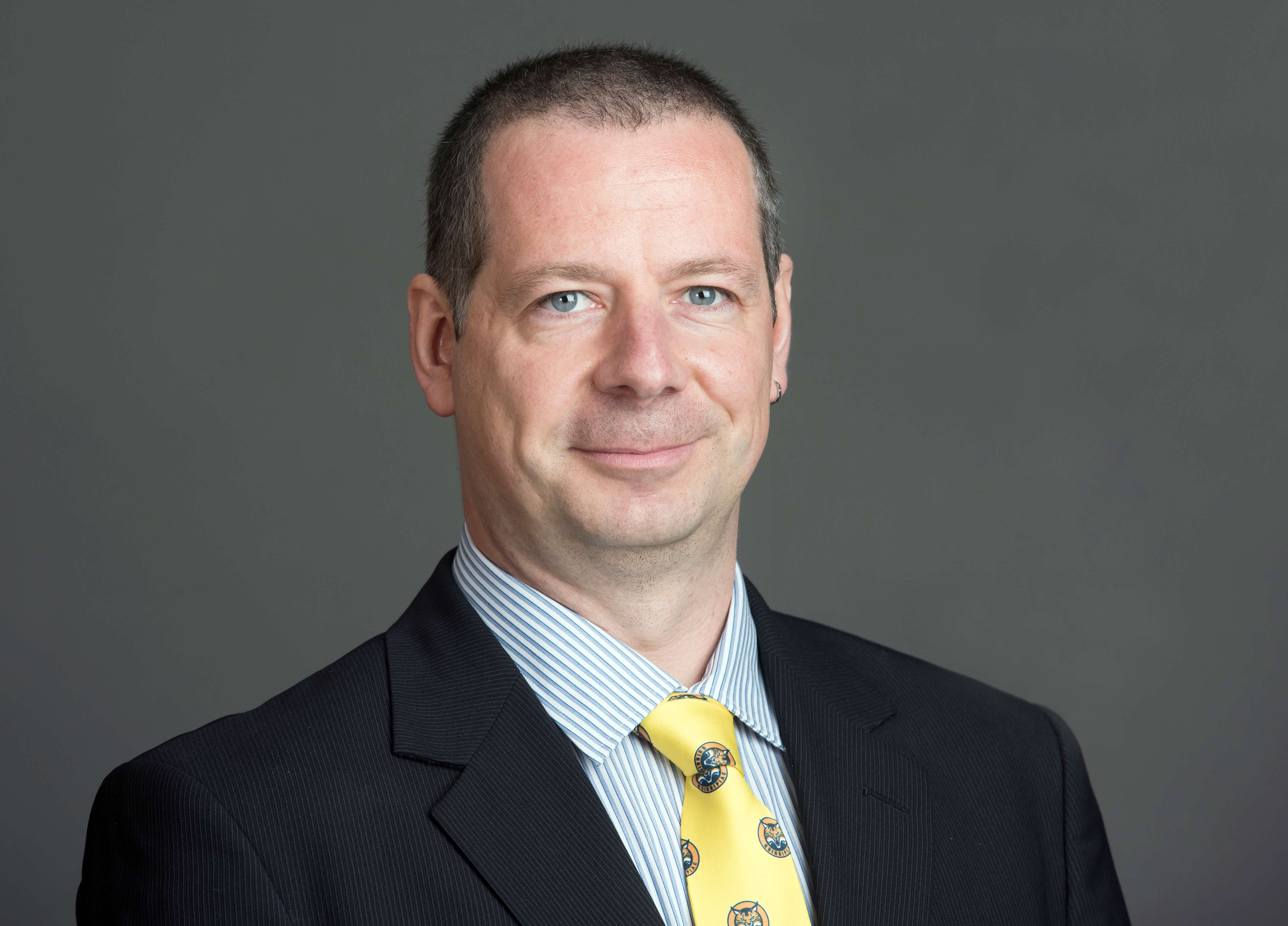
Professor leads research of marginalized refugees in Uzbekistan
December 05, 2022

December 05, 2022

Laskin found inspiration for this research when the war in Ukraine began, which was very personal to him, he said.
“I noticed that many people – professors, teachers, business managers, IT specialists and students – were leaving Russia – sometimes going into nowhere with no money and no plans,” said Laskin. “People fleeing Ukraine were running from bullets and bombs, but why were people escaping Russia? I thought that this phenomenon deserves to be studied and documented from the academic perspective.”
Laskin explained that traveling to Uzbekistan was vital to the research so that face-to-face connections could be made with the refugees.
“The travel component is essential to build that trust,” said Laskin. “In addition, I am using an ethnographic research method that requires observing people and their conditions in addition to talking to them. Some things are difficult to convey with words, but they can be observed, for example, a respondent being on the verge of crying when talking about his father labeling him a traitor for refusing to fight in Ukraine.”
Laskin’s experience not only benefited his research but has also inspired him to travel to other areas of the world to broaden his studies.
“I was able to identify quite a few participants and interview them, but in addition, they told me about their friends who went to Serbia, Armenia, Turkey, and other countries. If I can find time and budget, I hope to travel to a few other countries to conduct more interviews and see how Russian exiles live in other parts of the world to provide more geographic diversity for my study,” said Laskin.
Laskin is still in the process of analyzing the data he collected, but says that there are some things that stand out to him.
“Russian refugees are struggling with their national identity and many do not even admit that they’re Russian,” said Laskin. “Second, the respondents struggle with understanding their responsibility. One respondent – a 19-year-old student – who was arrested three times protesting the war and several times prior to that protesting other Putin’s regime actions, had to escape Russia crossing the border on foot with just a backpack as she faced a long prison sentence for her protests. She was wondering what else she could have done and if all Russians should be treated as aggressors, even people like her who never supported the regime and the war.”
For Laskin, his favorite part of the experience was the personal connections he was able to make.
“It was real pleasure to meet colleagues in different parts of the world,” said Laskin. “In exchange, I promised to give guest lectures in their classes. In Uzbekistan, I spoke with students at three different universities and in addition to guest lecturing students on new technologies in the strategic communication industry.”
Quinnipiac Today is your source for what's happening throughout #BobcatNation. Sign up for our weekly email newsletter to be among the first to know about news, events and members of our Bobcat family who are making a positive difference in our world.
Sign Up Now